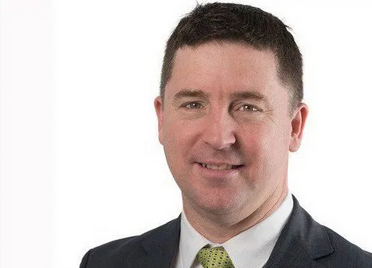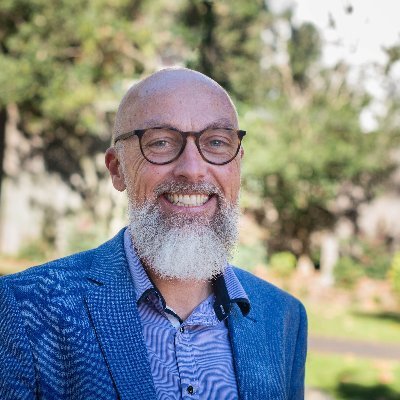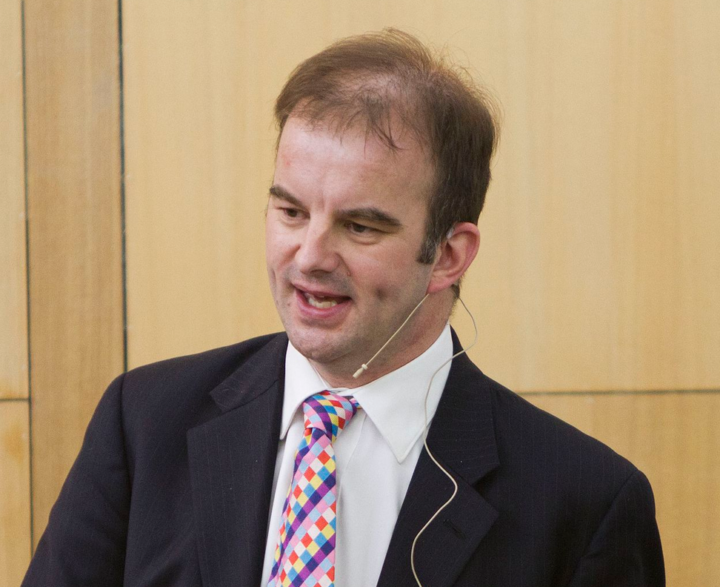Freedom amid disagreement
Keeping religious freedom is always a constant struggle. We shouldn’t see the social reality of dierent beliefs as some impossible stalemate that forces our withdrawal from the public square. Instead, we should be asking how we should draw on our long history of finding freedom in the face of disagreement.
How can Sydney Anglicans not just be critics of the culture and grudgingly responding to it but be helping to build and shape a better politic for all?
The social reality of different beliefs is easy to spot. Whether through immigration or travel or the internet we are constantly bumping up against people with different beliefs. We are surrounded by endless choices and lifestyles unknown to our parents. There is therefore more confusion and less agreement about what the good life should look like.
The hottest issue that exposes our different beliefs, though, is the debate over same-sex marriage. As we face a plebiscite on marriage (should the Coalition win this year’s Federal election) we’re being forced to talk about God, sex and politics. And clearly many people on both sides of the debate don’t want that conversation to happen.
Christians are seen as out of step with much of the culture on sexuality and same-sex marriage. More than one commentator has framed this as a choice between pride and prejudice. On one side is progress and liberation and freedom and love. On the other side is prejudice and hate and hurt and the past. If you accept this framework, then claims to religious freedom wheeled out by Christians are dismissed as a cover for bigotry. Religious freedom is then seen as part of the problem.
The truth is, Christians have been out of step with the culture for a while when it comes to love, sex and marriage. Whether on contraception or abortion, sex outside marriage, same-sex attraction, cohabitation or divorce, Christian beliefs have seemed weird for a while now.
The same-sex marriage issue really is evident of much deeper di erences – what it means to be human, where my identity is found, the kind of world we live in, what the problem is with people and how it might be xed, what the good life is and how it can be found and much, much more. Christians and the gay lobby obviously have deeply held beliefs that are at odds with each other. These different beliefs are throughout the community.
But here’s the thing about the same-sex marriage debate. It’s not really about marriage any more. It’s morphed into something much bigger. What’s at stake now is free speech.
Are we going to be able to face the different beliefs we have? Will there be space given for a contest of competing ideas?
Free speech is in the news at the moment because the Australian Christian Lobby asked for changes to anti-discrimination laws in the plebiscite debate. Predictably, they’ve been drawn as bigots and alarmists – a er all, what other explanation could there possibly be?
The real answer may lie in Tasmania, where the Catholic Archbishop of Hobart, Julian Porteous, distributed a very benign and inoffensive booklet setting out the Catholic Church’s teaching on marriage to Catholic parishioners and school students. A complaint was made to the Anti-Discrimination Commissioner by the Greens’ political candidate and transgender activist, Martine Delaney. So now it’s lawyers at 20 paces and the entire Australian Catholic Bishops Conference has been told it has a case to answer for sexual orientation vili cation.
There must be a better way for us to get on than having the state make a call on which belief is proscribed and which promoted, without denying or suppressing each other’s genuinely held beliefs. Even if a plebiscite was passed and same-sex marriage enacted, these different beliefs are not going to go away.
In a healthy democracy, people of all faiths and none will debate ideas on their merits. The Christian vision of a liberal democratic state, articulated by thoughtful Christian believers from Roger Williams on, will ensure that people from all religions and none will have a seat at the table.
The alternative to this is that the state gets to enforce which views are acceptable. Its bureaucrats are charged with determining what thoughts may be spoken and which can’t. This scorched-earth approach isn’t concerned with dialogue but with a zero sum power gain. The law becomes the arbiter and the state the enforcer of morality, and enables you to stand in judgement over others. If this sounds Ka aesque or like 1984 it’s because the West has faced these issues before. There are lessons in history that we forget at our peril.





